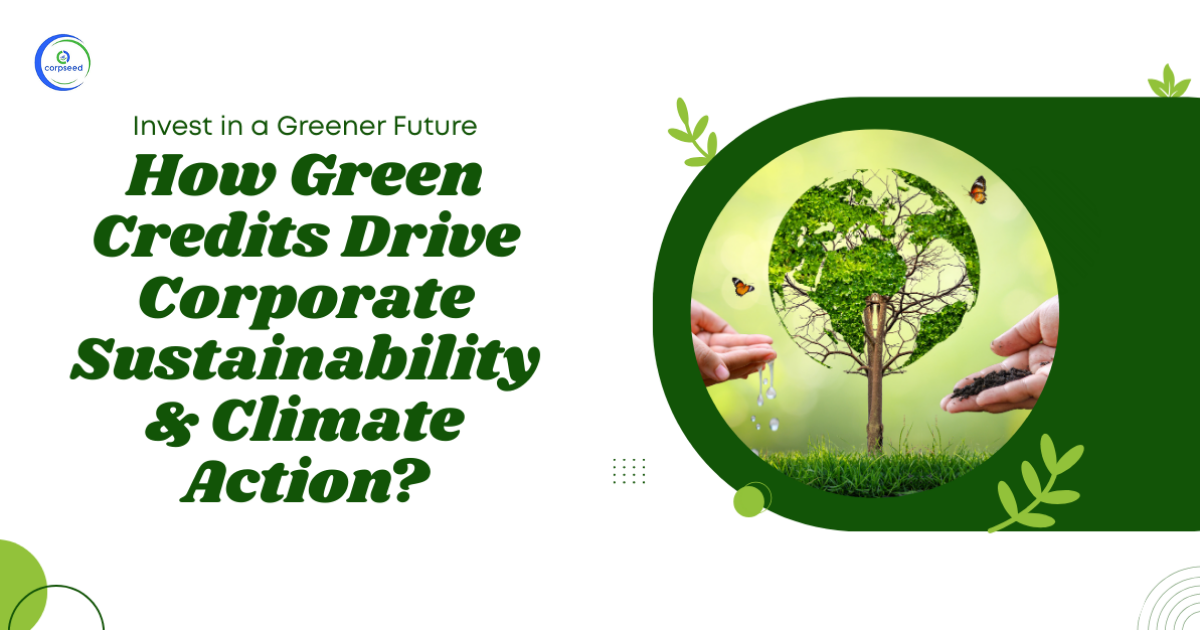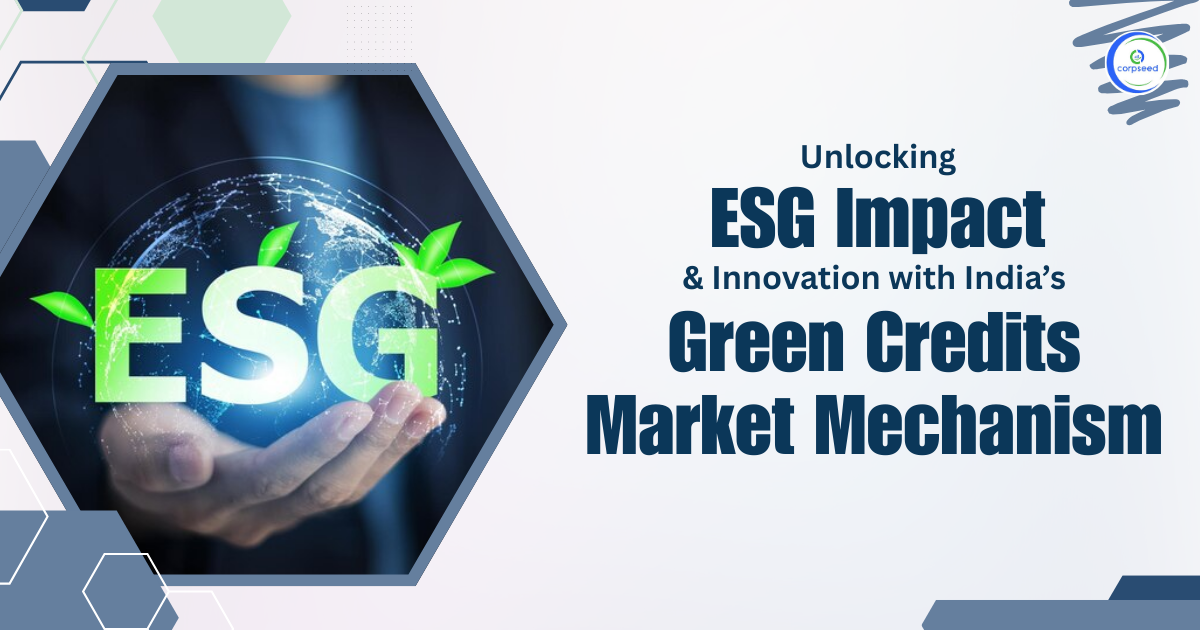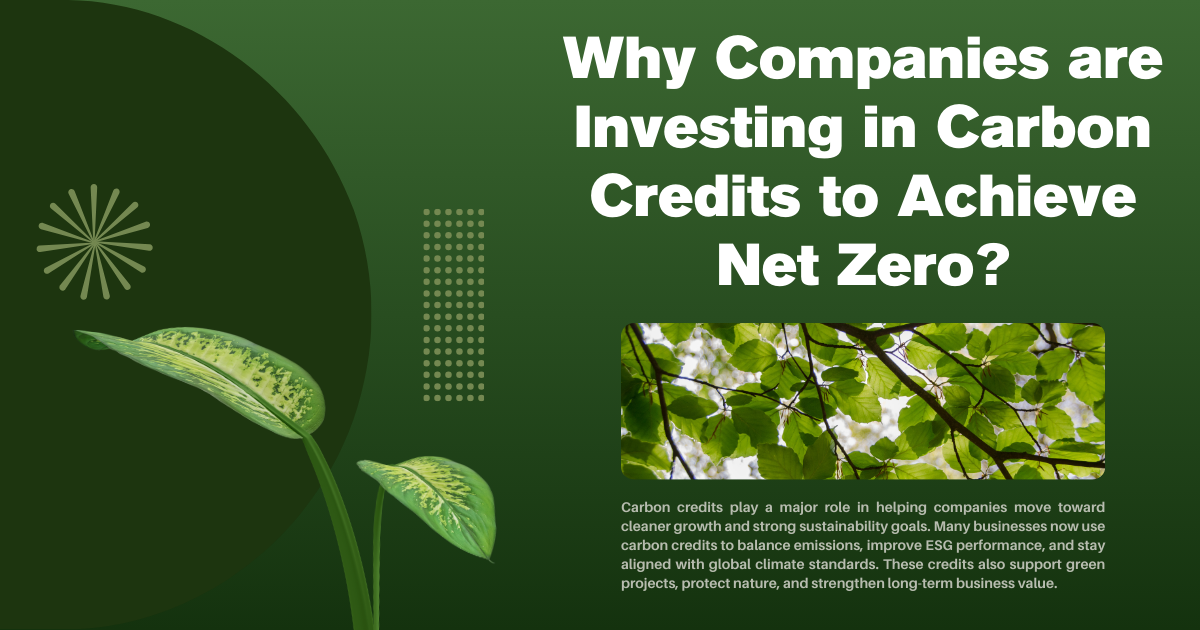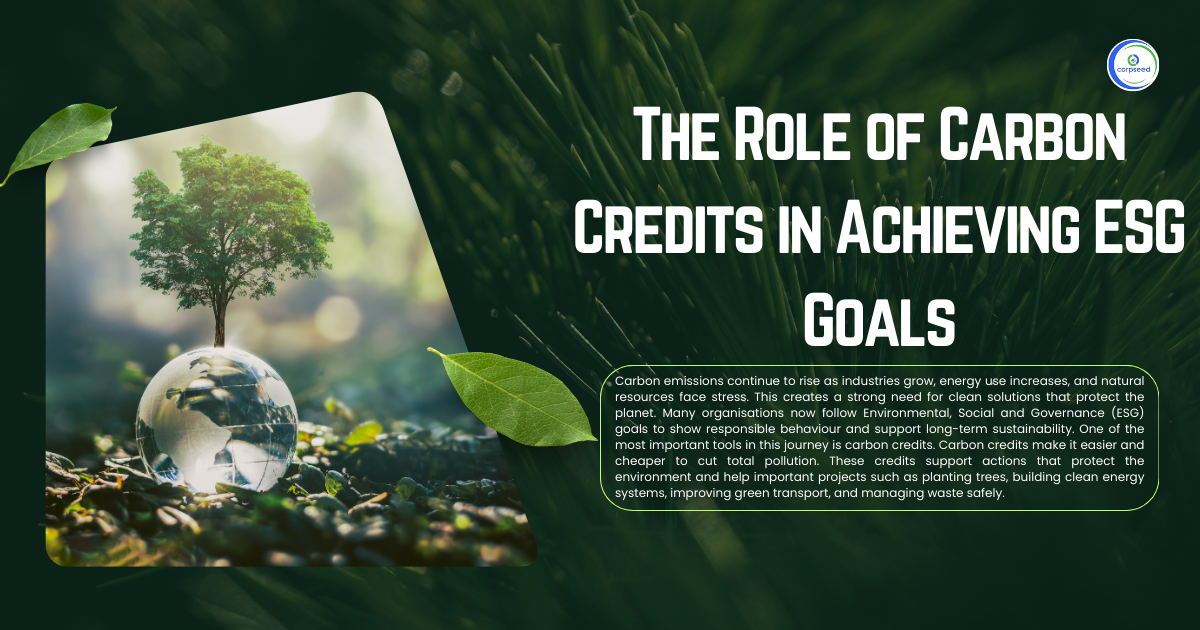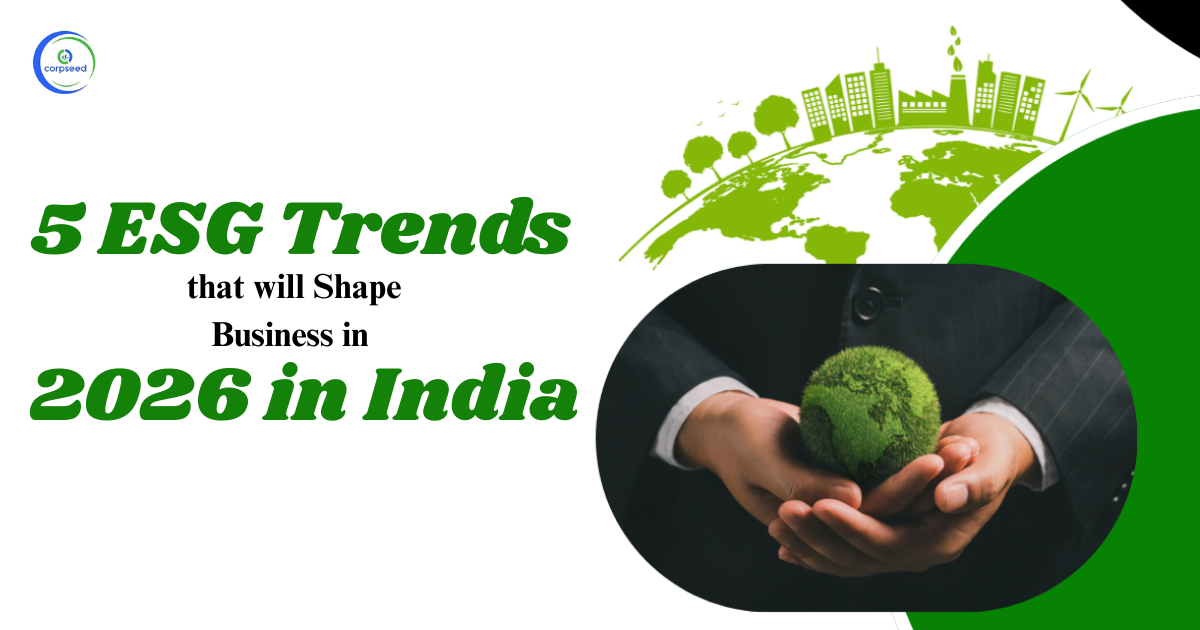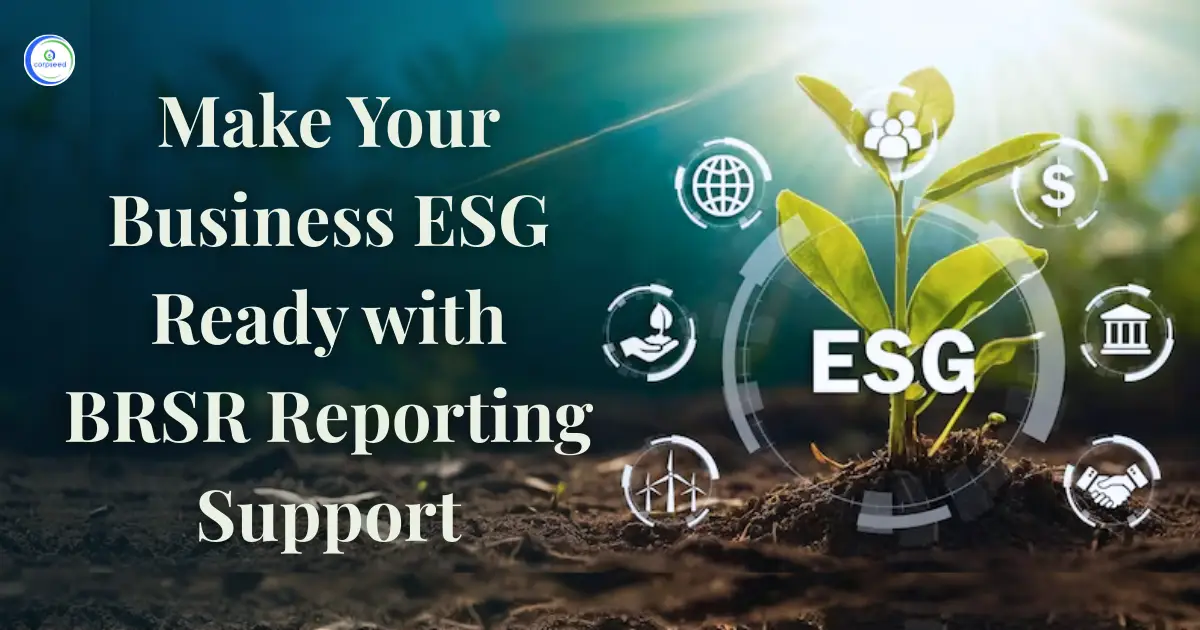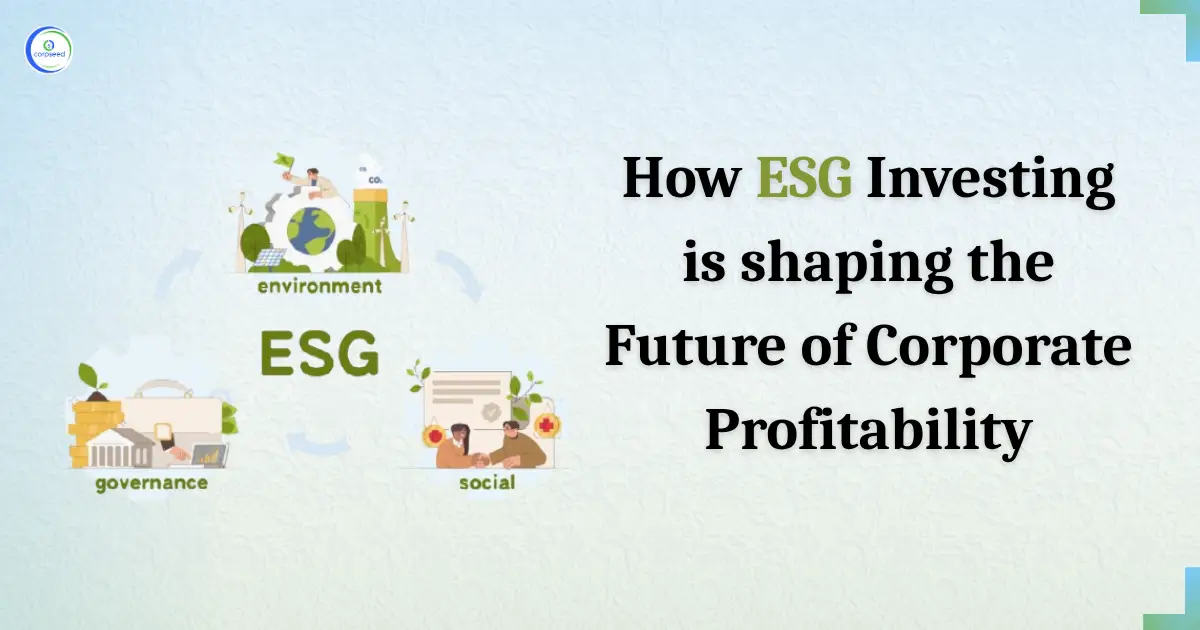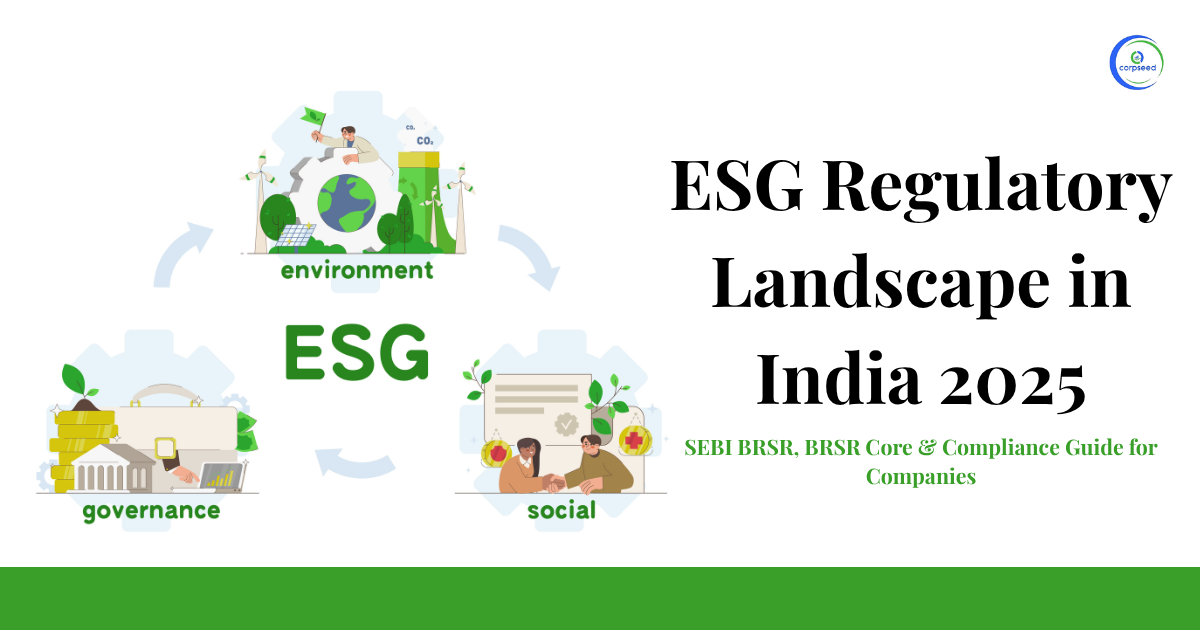India's topography and climate are very diverse and, therefore, uniquely vulnerable to the impacts of climate change. It is melting glaciers in the Himalayas and rising sea levels along its extensive coastline. In addition, the country is experiencing a rise in extreme weather events such as floods, droughts, and cyclones, among others. As India strives towards being a $5 trillion economy, so also the transition toward sustainability and a resilient climate would be desirable yet indispensable.
Table of Contents
--------------Blog Contact Form-------------
The Current Landscape of Climate Change in India
- Emission Profile and Energy Consumption: Despite being one of the world's biggest CO2 emitters, India has the lowest per capita electricity consumption in the world, far lower than those of the developed countries. This presents an area for further expansion in the energy sector, especially the industrial sector, which is anticipated to account for a majority share of the energy use in 2050. The transport sector will also account for the highest energy demand at the end of the century at about 31%. This growth poses challenges and opportunities for India to balance its economic development with environmental sustainability.
- Expected Impacts on Climate: India faces some very severe changes as a result of climate change. There is going to be a rise in heatwaves with increased frequency and intensity, increased risk of flooding, and coastal erosion vulnerability. Such changes can cost the economy more than 10% of its GDP by 2050 unless proactive measures. More companies in India have not yet adhered to the Paris Climate Agreement and therefore face the risk of losing competitive advantage globally.
Also Read: Climate Change and Sustainability Consulting
How can Technological Innovation help in Combat Climate Change?
- Solar Energy: The availability of sunlight is abundantly harnessed through advanced technology in solar systems, integration into the grid, and battery storage for increasing the efficiency and cost-effectiveness of solar power.
- Smart Grids: The electricity grid is improved with the introduction of smart grids through integrating renewable sources, peak load shaving, and minimizing waste. Two-way communication between utilities and customers further enhances grid stability.
- Waste-to-energy: Technologies such as anaerobic digestion and pyrolysis convert organic waste into biogas and biofuels, eliminating waste while generating renewable energy.
- Precision Agriculture: Precision agriculture relies on data and technology, drones, and sensors to optimize agriculture practices. This results in better use of resources and lower environmental impacts, with higher yields.
What is a Sustainability Transition?
Sustainability transition means a radical change toward a sustainable society, it implies deep changes along different societal dimensions, namely technology, economy, and culture. Such transitions involve interlinked changes that feed into one another and happen over significant periods, which often engage many actors and sectors. The process of transition usually happens in different stages: predevelopment, take-off, breakthrough, and stabilization. Sustainability transitions seek to implement new systems and practices within the framework of sustainable development goals, thereby promoting changing perceptions, values, and behaviours toward a more sustainable future for all.
Also Read: What is Sustainability?
Challenges in the Sustainability Transition
- Financial Barriers: Sustainable practices are very costly to implement. Although the government and international communities offer various forms of support, funding from the private sector is vital. There is a need to devise financial instruments that will promote sustainable projects.
- Infrastructure Building: Renewable energy, electric vehicle infrastructure, and waste management infrastructures require complex building. For example, it involves the development of solar farms and EV charging stations, which are mostly a step behind technological changes. A well-coordinated effort in developing infrastructures is required.
- Implementation of Policies: Implementation of policies is affected by bureaucratic delay and poor coordination between agencies. The challenge remains that policies must be turned into a reality. Strong governance and accountability measures are necessary in this regard.
- Social and Cultural Factors: Changing ingrained social and cultural practices, especially in rural areas, is difficult. For example, it is challenging to convince farmers to adopt sustainable agriculture methods without education and support to build trust and minimize resistance to change.
- Climate Resilience: Building resilience to climate change requires both the mitigation of greenhouse gases as well as adaptation to the consequences thereof, such as water shortages and extreme weather events. Adaptation is one key component in sustaining for a longer period.
Conclusion
India's climate and sustainability transition journey is essential for its healthier future. Challenges would be overcome with the lack of finance, building of infrastructure, execution of policy, and social factors. Moving forward with technology and with the involvement of communities is the way to move. As India looks forward to furthering its economy, so sustainable practices will ensure that there will be balanced development and a clean environment. The government, private sectors, and communities have to work together to succeed during this transition. Through cooperative efforts, India can pave a sustainable and resilient future for all.
This portion of the site is for informational purposes only. The content is not legal advice. The statements and opinions are the expression of author, not corpseed, and have not been evaluated by corpseed for accuracy, completeness, or changes in the law.
BOOK A FREE CONSULTATION
Get help from an experienced legal adviser. Schedule your consultation at a time that works for you and it's absolutely FREE.


